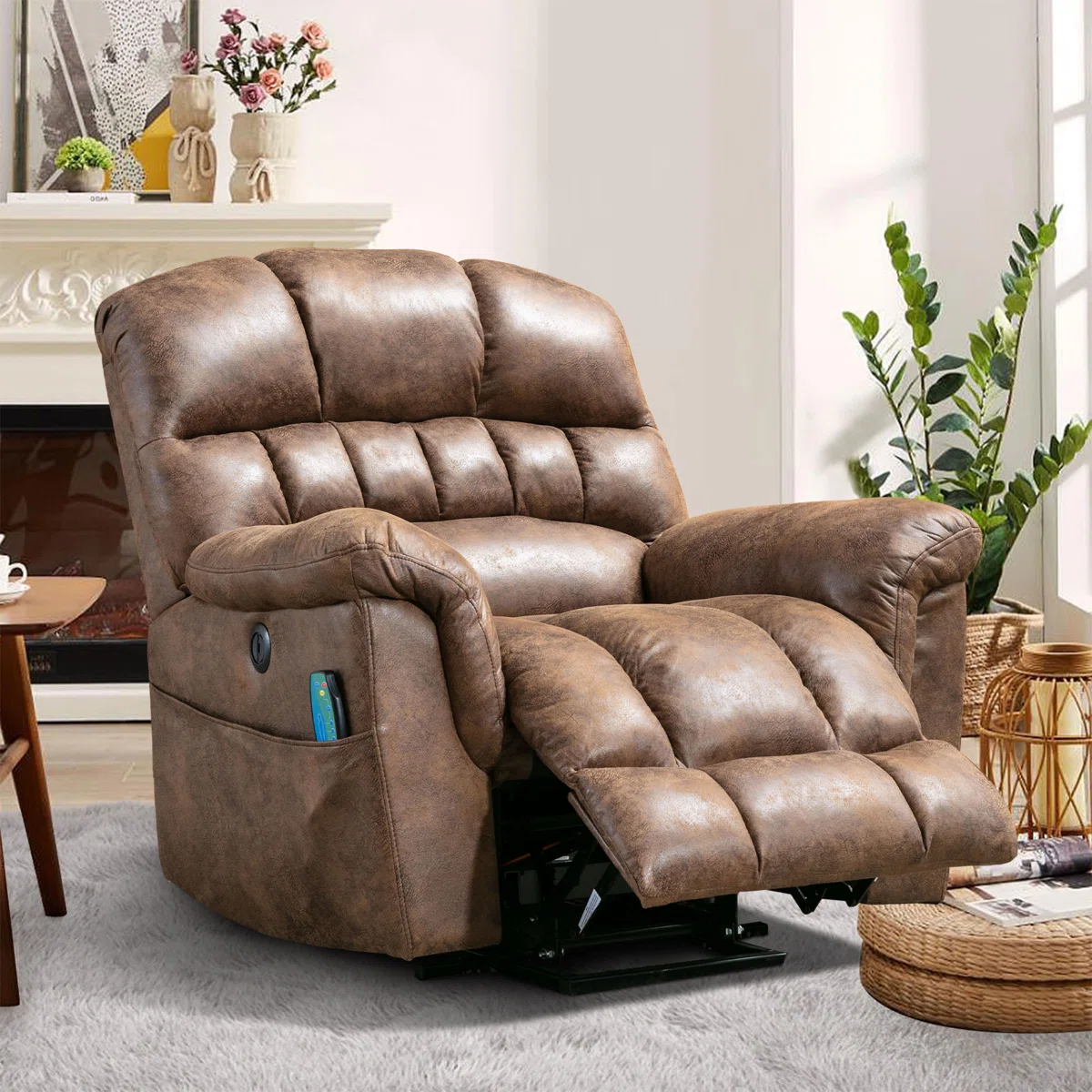Does Medicare Cover Hearing Aids?
Hearing aids are essential devices for individuals experiencing hearing loss. However, they are often costly, and not everyone can afford them. Medicare is a government health insurance program created to meet the requirements of those over the age of 65 as well as those under 65 who have disabilities or chronic illnesses. People frequently inquire, “Does Medicare cover hearing aids?” Here, we will answer this question in detail and explore the available options for individuals seeking hearing aid coverage.

Medicare plans
Medicare is divided into parts A, B, C (Medicare Advantage), and D (prescription drug coverage). The many Medicare components are listed below.
Medicare Part A
Medicare Part A, usually called hospital insurance, pays for home health care, hospice care, skilled nursing facility care, and inpatient hospital care. Included in this are lodging, food, and medicine.
Medicare Part B
Medicare Part B covers medically necessary services, such as doctor visits, outpatient care, and preventive services. It includes ambulance services, mental health treatment, and durable medical equipment.
Medicare Part C (Medicare Advantage)
Private insurance providers or Medicare brokers provide Medicare Part C, often known as Medicare Advantage, as an option. Medicare Advantage plans may offer extra benefits like coverage for vision, hearing, dental work, and prescription medications in addition to everything Original Medicare does.
Part C offers coverage for hearing services, in many cases, Medicare Advantage covers some of the cost of hearing aids.
Medicare Part D
Medicare Part D is prescription drug coverage. Private insurance companies approved by Medicare offer it. Part D plans cover a wide range of prescription drugs, and the drugs covered and costs vary depending on the plan.
Understanding Hearing Loss
Hearing loss is a common condition affecting millions of people worldwide. It happens when the auditory system is damaged, making it difficult to hear noises. One or both ears may be affected by hearing loss that is mild, moderate, severe, or profound. Aging, exposure to loud noise, heredity, and other medical disorders are common causes of hearing loss.

Does Medicare Cover Hearing Aids?
Unfortunately, hearing aid expenses are not covered by Medicare. This is so that Medicare can pay for any medical procedures and treatments that a doctor deems essential. Medicare does not pay for hearing aids since they are not considered a medical necessity.
Exceptions to Medicare Coverage
Medicare may help with some of the costs related to hearing assessments and testing, even if it does not cover the cost of hearing aids. Medicare might pay these costs if a doctor prescribes a hearing test or examination to rule out a medical problem. A cochlear implant, a surgically implanted device that replaces the damaged section of the ear and transmits signals to the brain to enhance hearing, may also be covered by Medicare.
Alternative Options for Hearing Aid Coverage
Individuals seeking coverage for hearing aids may consider alternative options, such as
1. Private Insurance Plans
Private insurance plans may offer coverage for hearing aids as part of their policies. However, the range may vary from plan to plan, and individuals should confirm with their insurance provider before purchasing a hearing aid. Some insurance plans may restrict the type of hearing support covered, the amount of coverage, or the frequency of coverage.
2. Medicaid
Medicaid is a state-run initiative that offers low-income people health insurance. Even though the coverage may be constrained, several states provide a selection of hearing aids through Medicaid. People should contact their state's Medicaid program for information on coverage and eligibility since Medicaid eligibility varies by state.
3. Veteran Affairs (VA)
Veterans who qualify can receive free hearing aid services from the Department of Veterans Affairs (VA). The VA provides a range of wireless, digital, and programmable hearing aids and gadgets. Several criteria, such as a service-connected disability, income, and geography, determine eligibility for VA hearing aid services.
4. Health Plans Provided by the Employer
Hearing aid coverage may be available through some employer-sponsored health plans. If a person is unsure whether hearing aids are covered by their insurance plan, they should contact their employer's human resources department or insurance company.
5. Discount Programs and Coupons
Discount programs and coupons are other options for individuals seeking affordable hearing aids. Some manufacturers and retailers offer discount programs or coupons to help reduce the cost of hearing aids. Researching and comparing prices before purchasing a hearing aid is essential to ensure that the discount program or coupon offers the best value.
Medicare does not pay for hearing aids, but it may help with some hearing tests and evaluation costs. Other choices for hearing aid coverage include private insurance plans, Medicaid, and buying from independent producers or shops. Researching and exploring all possibilities is essential before deciding on hearing aid coverage.
More Articles on Health and Wellness
- 8 Treadmill Mistakes You Should Stop Now
- Home Care vs. Nursing Home – How to Make a Decision
- Relaxing Self-Care Ideas to Help You Destress
- Support Your Health for Winter
- Take Time This Holiday Season To Maintain Your Heartburn & Digestive Health!
- 10 Workout Tips For Winter
- Women’s Nutrition: 4 Vitamins and Minerals You May Lack






